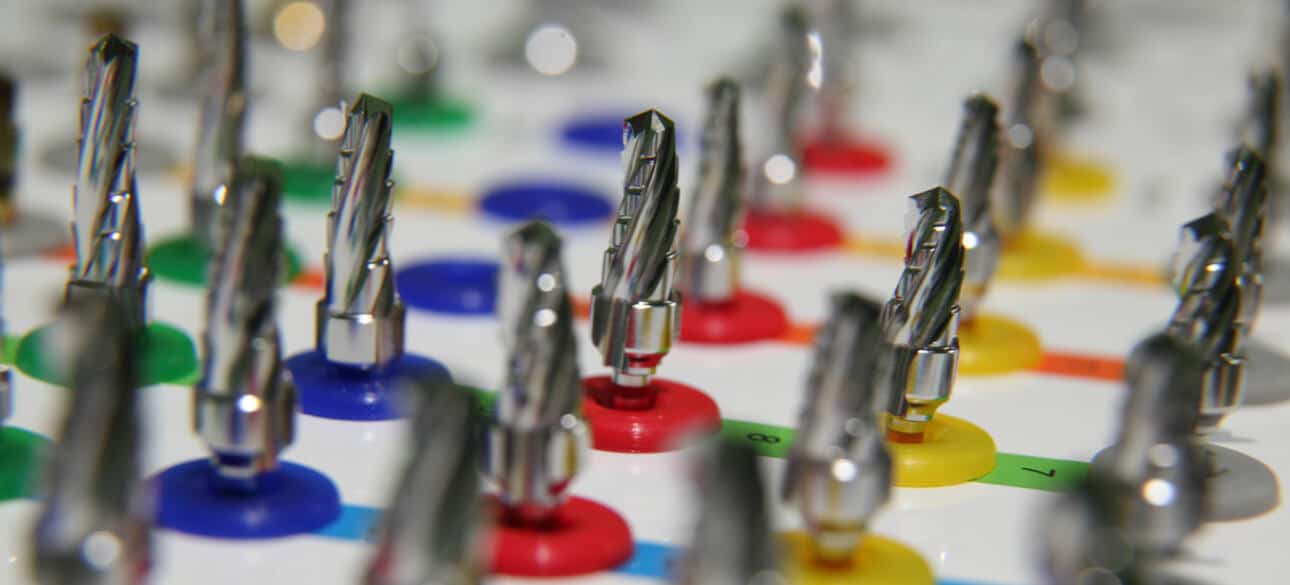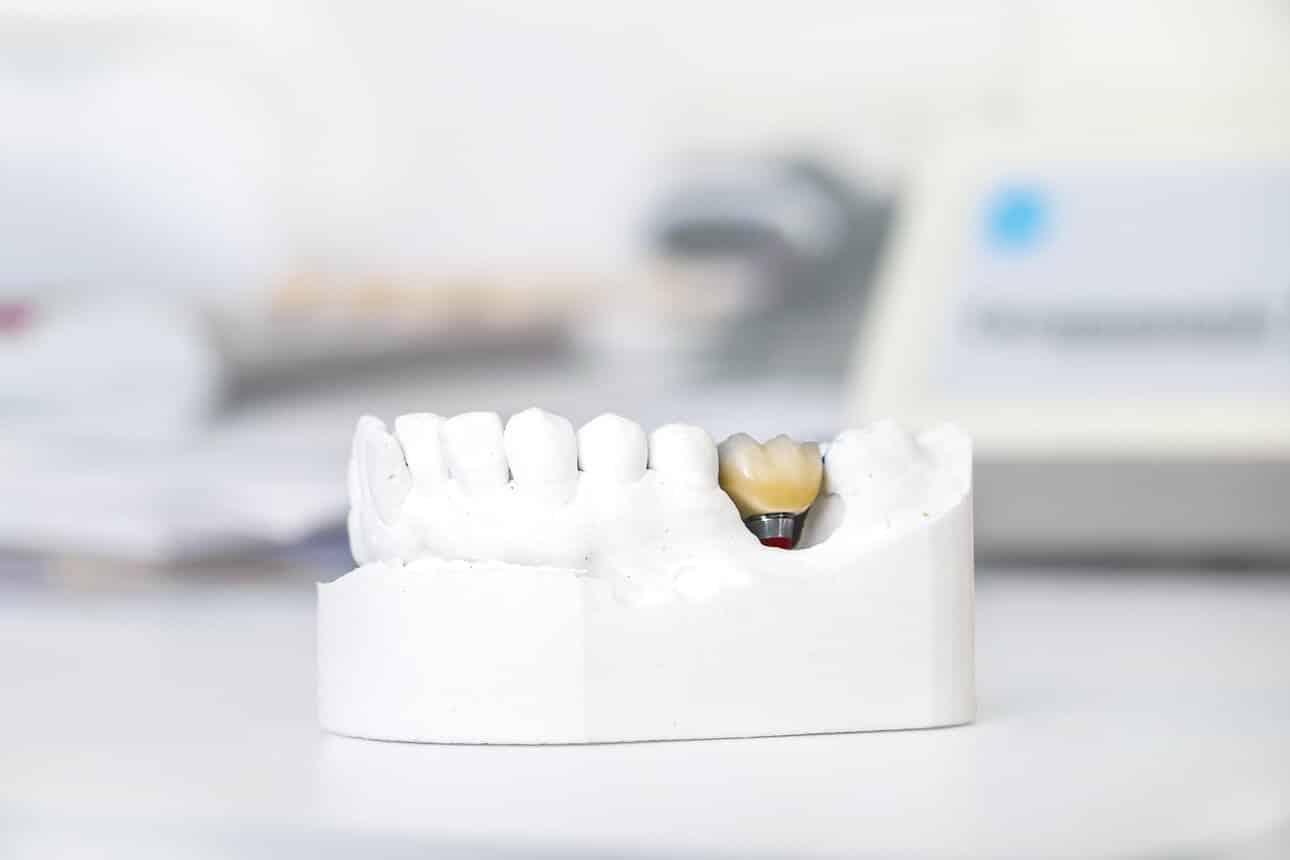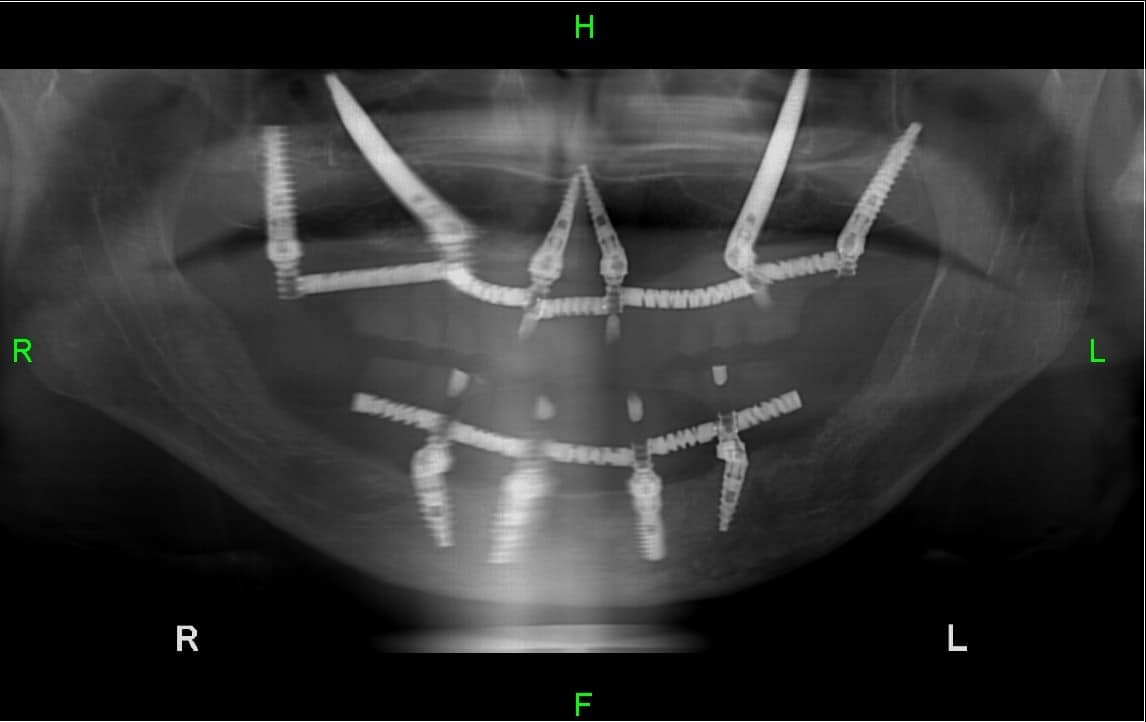זמן קריאה: 3 דקותMany patients may think that after receiving dental implants, they can go back to their normal routines within just a few days, but in practice, this is not completely accurate. In order for the implant to be integrated successfully and effectively and to avoid unnecessary complications, the patient must exercise care with his new teeth in the immediate term after the treatment.
in this article, we explain exactly how to do this.
Eating and drinking after receiving dental implants
Immediately after receiving the implants, you should refrain from drinking and eating for about two hours after completion of the treatment. Usually, this is also the time that it takes for the anesthetic to wear off. Because there is no need to stay under observation after the procedure, you can wait in the comfort of your home during this time.
Then, for the next several days, it is recommended to avoid eating any hard foods that apply pressure to the teeth and jaw, such as bread, apples, etc. However, consuming soft foods such as cream cheese and dairy delicacies is permitted. In addition, during the first 24 hours after the operation, hot drinks must be avoided completely.
Tooth brushing and oral hygiene after receiving dental implants
It is possible to resume tooth brushing just one day after receiving the implants, but during the first few days after the treatment, the area operated on should not be brushed. The reason is that the area is tender and the stitches may open up. Only after the stitches have been removed can the area be brushed, using gentle movements and a soft toothbrush.
For long-term maintenance of the implanted teeth, you must adhere to good oral hygiene, including the use of additional accessories besides a toothbrush, such as dental floss, mouthwash and toothpicks designed for this purpose.
Side effects and complications
Usually, there are side effects after receiving dental implants. These effects may appear in the form of bleeding, pain, difficulty closing and opening the mouth and bruising. Also, swelling is likely to occur and intensify until it reaches a peak two to three days after the procedure, but will resolve over time. To cope with the side effects of pain that accompany the period after implantation, it’s recommended to take the painkillers that you received in accordance with the dentist’s instructions.
It is important to know that after receiving the implants, complications that necessitate a return to the dental clinic as soon as possible may occur. One of them is the development of an infection. The symptoms characteristic of infection include local warmth, generalized fever, discharge of pus from the area of the surgery and/or swelling and pain that does not resolve within one week of the surgery.
Another possible complication is a sensory disorder in the area of the lips and chin. If the numbness caused by the local anesthesia does not wear off within a few hours of the surgery, or if later in the recovery period, the lips or chin become numb (in the case of lower jaw implants), you must immediately return to the attending dentist for examination.
Additional recommendations for the first two weeks
There are a number of additional recommendations that you should take note of in order to make the recovery process more effective in the first two weeks after dental implant treatment.
The first recommendation, primarily for athletic patients and those who engage in manual labor and carry heavy loads, is to avoid physical exertion altogether. This recommendation is based on the fact that physical activity leads to a rise in heart rate and blood pressure, which may increase swelling and sometimes cause unnecessary bleeding. Avoiding physical exertion depends on the complexity of the surgery, so it is recommended to consult the dentist regarding this matter. In any case, after two weeks it is possible to gradually resume physical activity.
Another recommendation is to completely abstain from smoking cigarettes and drinking alcohol, as these two habits significantly inhibit the recovery process. Cigarette and alcohol consumption may be resumed after two weeks.
Finally, don’t forget to come for a checkup by the dentist once every six months for monitoring of the implants. In the framework of the checkup, the dentist will check the condition of the implants, the health of the adjacent tissues, and whether there are other disorders in the mouth area that require treatment. These checkups are important because the development of periodontal disease in the tissue surrounding the implant may result in implant failure, just like a periodontal disease around natural teeth. In addition, it is important to visit an oral hygienist twice to four times a year for the removal of tartar and plaque, as necessary.

English





